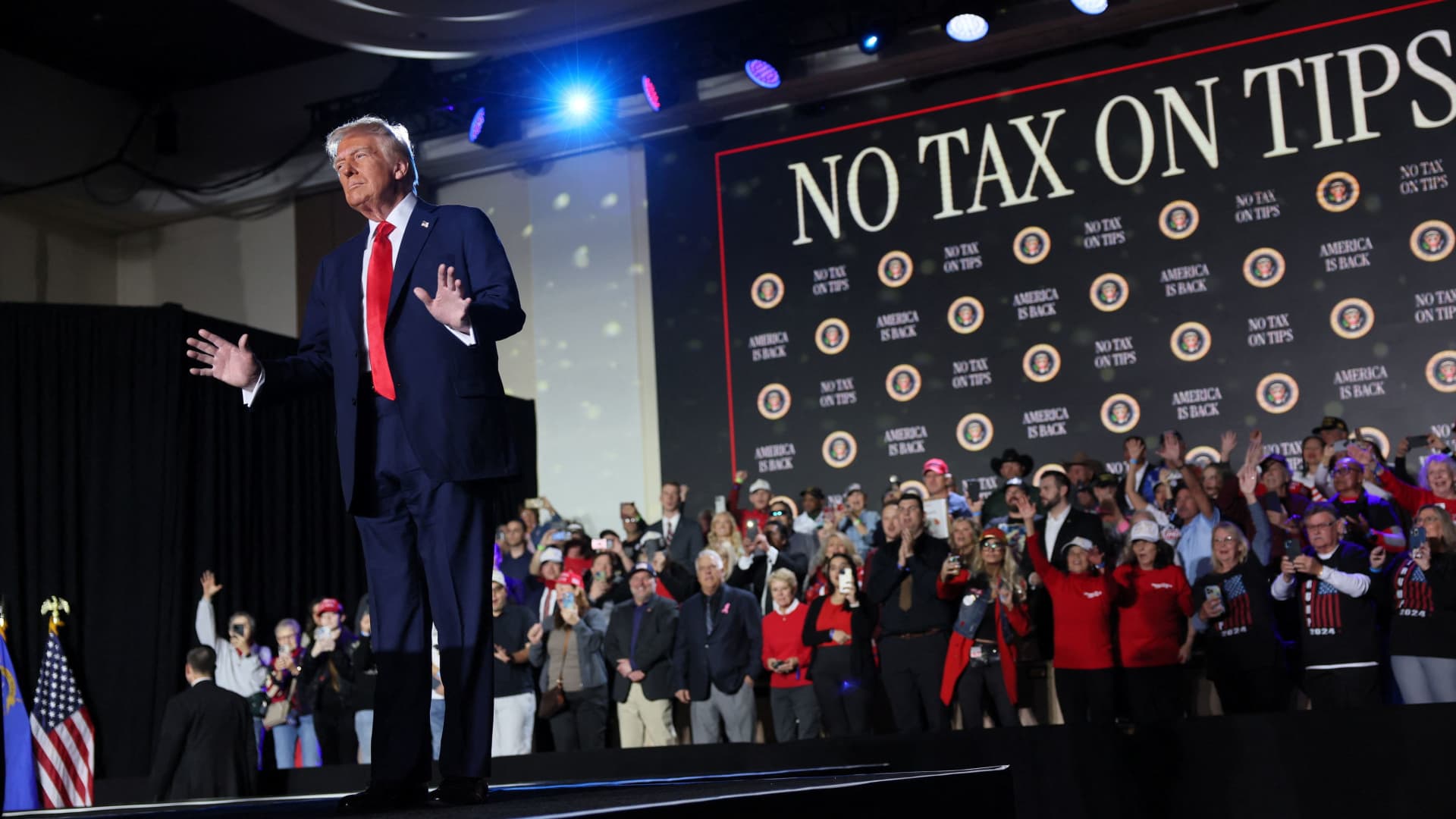KEY POINTS
House Republicans are considering treating work benefits such as employer-provided transportation, free food and on-site gyms as a new source of taxable income to help pay for President Trump’s tax cuts.
These tax proposals are still in the early stages and other aspects of Trump’s tax promises would help workers, such as tax breaks on tips, overtime pay and Social Security benefits.
The concept of taxing employee perks has been debated before in Congress and never made it far, but with the size of the deficit and Trump wanting trillions of dollars in expiring and new tax cuts, some budget pay-fors will need to be found, and this one would dip into workers’ pockets.
They are going to raise taxes in order to lower taxes?
The 2017 TCAJA raised taxes on all income groups under 75k to pay for gigantic tax cuts for billionaire elites.
We are not electing our best and brightest.
If anyone says they’re surprised by this they’re either lying or complete morons.
Everyone who votes republican should be shot dead. They’re either too stupid to be trusted, or too evil.
oh shit this affects a friend I have in the USA…
Companies will just get rid of those perks, won’t they?
My assumption is that the employee would pay them, not the employer.
in australia, we call this fringe benefits tax and it’s paid by the employer. it tends to lead to employers giving less of these benefits, which was the point: it raises salary by a reasonably comenceate amount so employees receive actual wages rather than benefits that they have no choice over
interesting side effect is that there’s some FBT stuff that doesn’t apply to charities, so you can do a thing called “salary sacrifice” (which is a well known, approved by the govt thing) where you pay some of your pre-tax salary thereby reducing your taxable income, but the charity doesn’t have to pay FBT. it’s a cheap way of providing charities with ways of incentivising their employees to stay
if you’re interested:
I’m sure there’s enough companies around who like employees beholden to them on account of granting the privilege of health insurance and the like.
Now why would Trump tax his buddy’s business policies?
He is taxing the workers, not the businesses.
I took “treating work benefits such as employer-provided transportation, free food and on-site gyms as a new source of taxable income” as this will be taxed on the employer side because these things don’t come out of person’s paycheck, directly. The company supplies it as an incentive to work there.
Taxing employees for fringe benefits such as employer-provided transportation, free food and on-site gyms is up for discussion.
Yea but, again. Fringe benefits are what employers give to the employees. I don’t pay for access to my company gym.
And you would continue to not pay for it, but you would pay taxes on it.
Doesn’t money need to be exchanged to be taxed though?
If enacted, workers would likely have to pay income tax on the fair market value of the fringe benefits they are getting from their employer, said Jeff Martin, tax principal at Grant Thornton’s Washington National Tax Office. This would make these benefits less valuable to employees when taxes are factored in.





